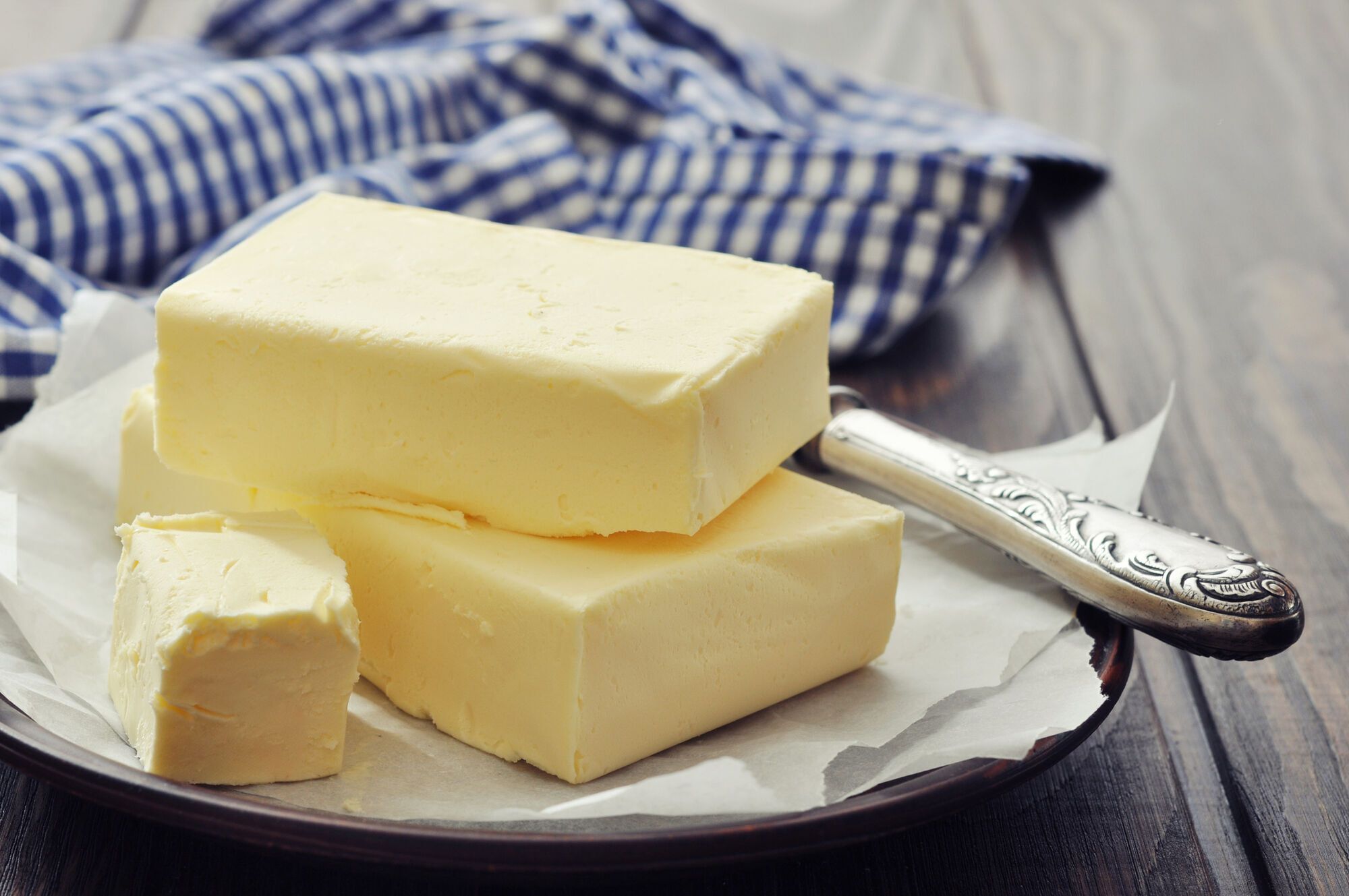LS Food
Nutritionist tells about the benefits and risks of butter consumption
Butter has many health benefits. It is rich in vitamins, minerals, and fatty acids, which improves the digestive system and helps fight some types of cancer.
OBOZREVATEL offers to learn more about its properties and risks of consumption, published on eatthis.com.
Saturates the body with key vitamins
According to nutritionist Vanessa Risetto, butter contains a lot of vitamin A and lauric acid, which is effective in fighting various infections, including candida. According to Healthline, one tablespoon of butter provides 11% of the recommended daily value of vitamin A, which is only 100 kcal. It also contains vitamins E, B12, and K.
Helps reduce body fat
Butter contains conjugated linoleic acid (CLA), a type of fat commonly found in meat and dairy products. Although this may seem like a disadvantage at first, CLA is beneficial for reducing body fat.
One study showed that a group of people who consumed at least 3.4 grams of linoleic acid per day were able to reduce the total amount of fat and inflammation in their bodies.
Helps fight cancer
Linoleic acid is also a cancer-fighting agent. Studies show that foods that contain it can help reduce the growth of breast, colon, colorectal, stomach, prostate, and liver cancers.
Improves the functioning of the digestive system
Butter is rich in butyrate, a short-chain fatty acid. Studies show that it can reduce inflammation and even help treat irritable bowel syndrome. In addition, butyrate improves metabolism and helps control weight.
Is a source of saturated fat
Although the presence of butter in the diet is good for health, you need to be careful with portion sizes to avoid some risks. According to a nutritionist, it contains a lot of saturated fat (about 7 g per 1 tablespoon), and the recommended daily amount is about 20-22 g.
This means that one tablespoon of butter contains about 35% of the daily intake of saturated fats, which can increase the level of "bad" cholesterol and the risk of heart disease.
In general, butter is good in moderation. Those who consume too much of it should replace the portion with a healthier source of fat (such as olive oil or avocado) once or twice a day.




























